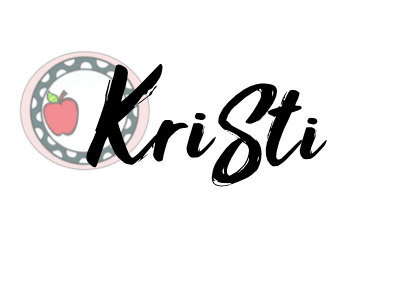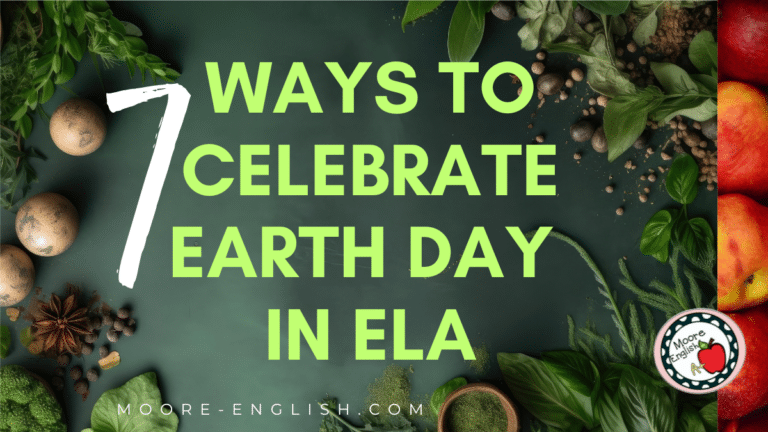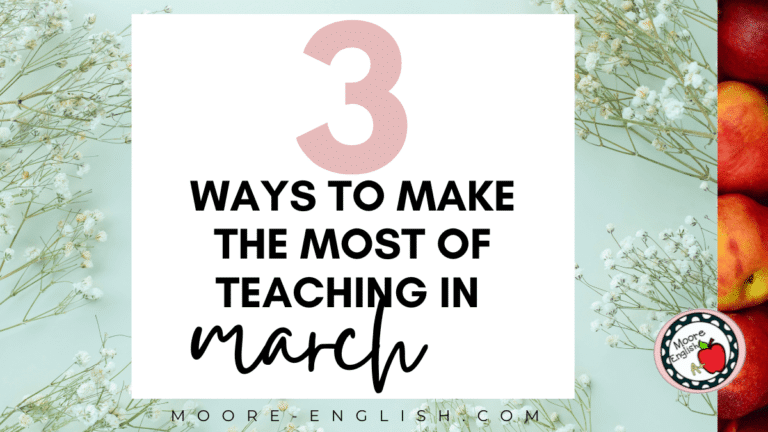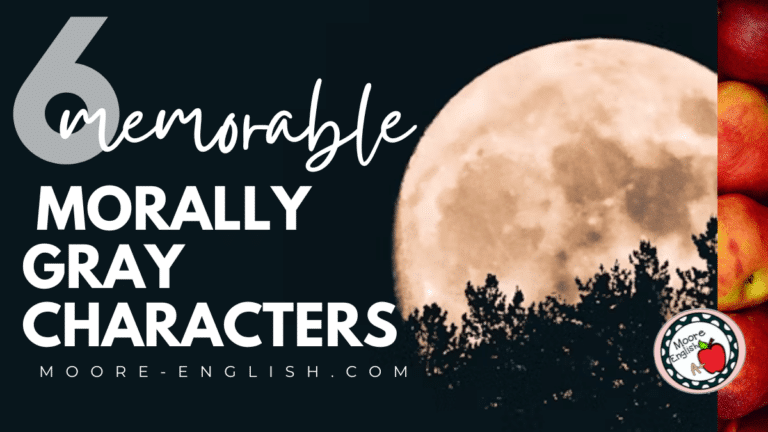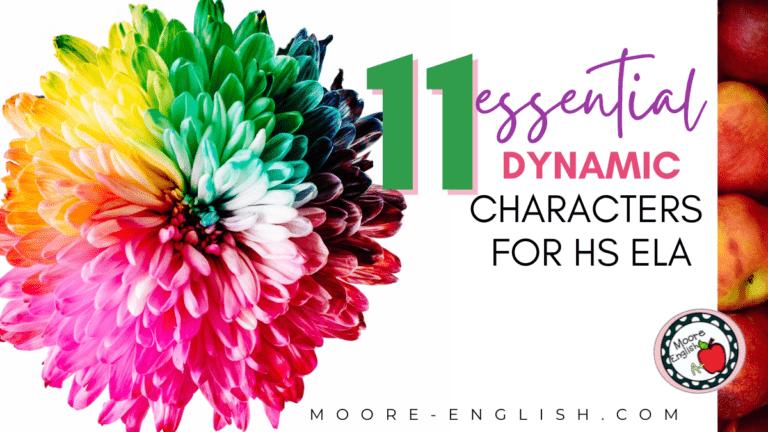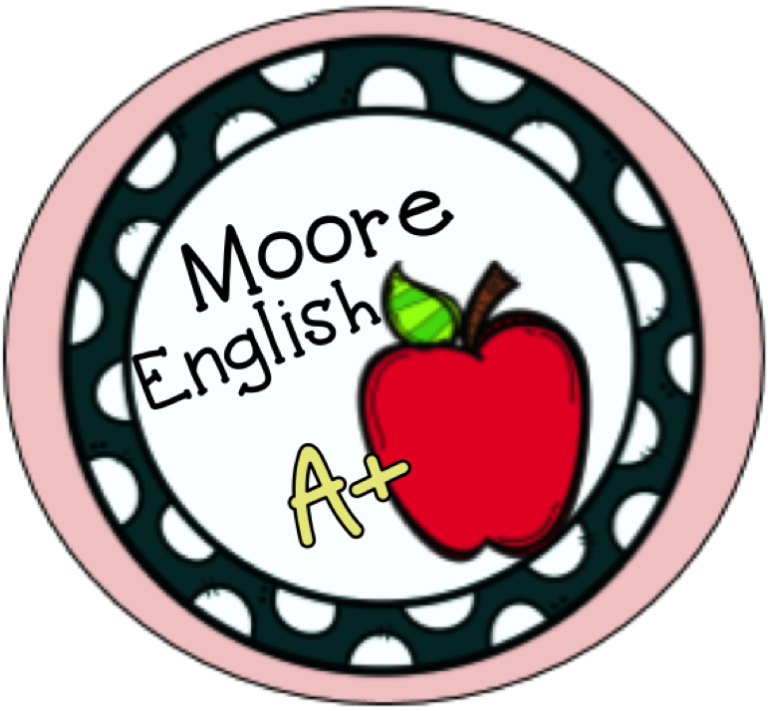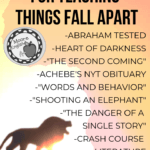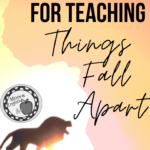Instead of doing a traditional short stories and/or poetry unit, I prefer to teach a novel or drama and then supplement with thematically relevant texts. Here are the texts I pair with Things Fall Apart, descriptions of why I chose each text, and the pacing I use with the texts. Associated reading questions and answer keys can be found here.

This post this post may contain affiliate links. Please read the Terms of Use.
Essential Questions for Things Fall Apart
As I chose literature for this unit, I relied heavily on essential questions. Essential questions are a great way to give a unit a sense of cohesion. Plus, essential questions can make great journals, bell ringers, and discussion starters.
- Firstly, can a person ever really change?
- Secondly, how does storytelling shape truth?
- Thirdly, what are the best ways to resolve conflict?
- Additionally, how does community and culture affect identity?
- Finally, what does it mean to be “civilized”? Also, who makes that determination?
Another great way to engage students in a new test is through the use of an anticipation guide. Grab my free anticipation guide today!
Things Fall Apart and Nonfiction
Things Fall Apart is usually the last novel my sophomores read. Because students read this text at the end of the year, they are able to dig into some complex and varied texts with high degrees of self-efficacy. In the case of nonfiction, this also means that students are usually at a point where they are comfortable independently using the 4 steps for pre-reading informational texts.
1. Chinua Achebe’s New York Times obituary. Before reading Things Fall Apart, students read Achebe’s obituary. In particular, we pay careful attention to Achebe’s purposes for writing. And this obituary provides great insight into Achebe’s purpose as a writer. However, this obituary does include spoilers for the novel. So select passages carefully (I use the Print Friendly Chrome extension to select passages).
2. “The Danger of a Single Story” by Chimamanda Ngozi Adichie. This is an awesome TED talk. It’s such an essential, meaningful text that I already devoted an entire blog post to it. And if you ignore all the other suggestions on this list, you should take this one! Like Achebe, Adichie is a Nigerian writer. And her concerns are relevant, insightful, and spark incredible discussion! This is a text we usually read after the novel. Single stories affect Okonkwo’s entire life. Really, he’s the victim of single stories. And this text facilitates that conversation with students. Check out resources for this text here.
3. “Words and Behaviors” by Aldous Huxley. This is an incredibly difficult essay. So make sure students are strong in the 4 steps for annotating nonfiction first. While I almost always use the other texts on this list, I am very selective about which classes have the reading level for this material. However, if your students can handle the depth and complexity of this text, it pairs extremely well with “The Danger of a Single Story” and Things Fall Apart. This text helps students understand how the single story affected Okonkwo and how it affects modern readers. Check out my tools for teaching this text here.
Fiction and Literature to Pair with Things Fall Apart
4. Excerpt from Heart of Darkness by Joseph Conrad (from top to page 84). After reading Achebe’s obituary, I explain to students that before Achebe wrote his novel, Polish author Joseph Conrad wrote Heart of Darkness, a short novel or novella about a white man named Marlow who captains a steamboat down the Congo river. I also explain how Achebe, a Nigerian writer, felt Conrad’s work was racist, which led Achebe to write Things Fall Apart.
For this reason, we read this excerpt from Heart of Darkness, paying attention to any evidence that supports or does not support Achebe’s claims about Conrad’s racism. This excerpt requires close reading, offers the teacher an opportunity to discuss imperialism and colonialism and related background, and includes some obvious color symbolism. After reading and annotating this excerpt, I ask students if they think Achebe was justified or unjustified in his assertions about Conrad. This provides a good opportunity for them to use evidence to support their claims. Check out more Heart of Darkness resources here.
5. “The Second Coming” by William Butler Yeats. Before reading Things Fall Apart, read the epigraph at the front of the text and ask students to make predictions about the text based on the epigraph. Then, ask students what word choices lead them to those predictions. For an extension, read and annotate the rest of the poem and ask students how the allusions support their predictions. This is a great poem for teaching tone. Check out my resources for this poem here.
6. “Shooting an Elephant” by George Orwell. As you read Things Fall Apart, introduce this short story or essay (there’s some debate as to how autobiographical the text is). I usually introduce this text around chapter 6 or 7. This text offers a different perspective on imperialism, colonialism, and the consequences of each. The speaker in this story offers a good counterpoint to Okonkwo and forces students to address the question: Who are the victims of imperialism? Get my resources for this short story here.
Unique Text Pairings
7. Abraham Tested. Some teachers might be concerned about using an excerpt from the Bible in class. But a gentle preface about treating the text as literature usually does the trick. The parallels between the passage and the novel as pretty clear. My students usually end in a discussion of the question: What motivates our actions? How do we justify our actions? Reading this excerpt alongside “Shooting an Elephant” is particularly thought provoking.
8. Crash Course Literature: Things Fall Apart Part I and Part II. I LOVE CrashCourse, but I don’t always have time to show both of these in class. Sometimes I post them to our Google Classroom. Other times I make them part of station rotations and use the as a listening exercise. Part II has spoilers, so make sure you’re strategic about when students listen to these. I have listening guides for both videos here.
Overall, Things Fall Apart is truly one of my favorite novels to teach, and in an effort to help more teachers use this novel, I’ve put together a bundle of my favorite paired text resources, including comprehension and analysis questions, listening guides, and synthesis writing prompts. How do you pair texts in your classroom? What paired texts did I miss? Let me know in the comments below.
